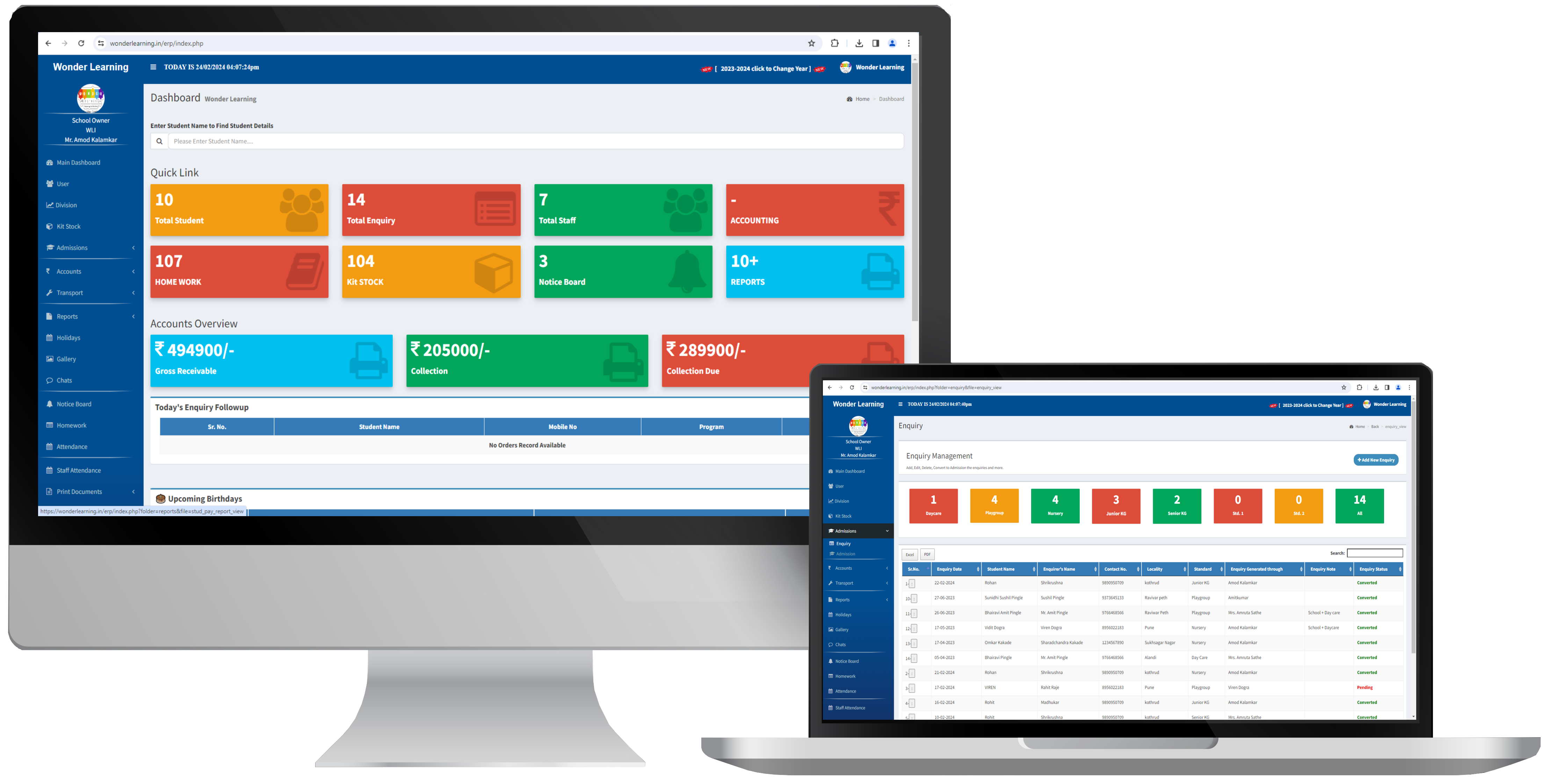![blog]()
Whats Is Artificial Intelligence (AI)
Artificial Intelligence (AI) refers to the capability of machines to perform tasks that typically require human intelligence. These tasks encompass learning from experience, reasoning, problem-solving, understanding natural language, and perceiving the environment.
### ? Core Components of AI
1. **Learning**: AI systems improve their performance over time by analyzing data and identifying patterns.
2. **Reasoning**: AI can make decisions based on logical inference and available information.
3. **Problem-Solving**: AI applies learned knowledge to find solutions to complex problems.
4. **Perception**: AI systems interpret sensory data to understand the world, such as recognizing images or sounds.
5. **Language Understanding**: AI can process and generate human language, enabling communication with users.
### ? Types of AI
* **Narrow AI (Weak AI)**: Designed for specific tasks like voice recognition or playing chess. Examples include Siri, Google Assistant, and recommendation systems.
* **General AI (Strong AI)**: A theoretical form of AI that can perform any intellectual task that a human can do. This level of AI has not yet been achieved.
### ?? How AI Works
AI operates through three primary steps:
1. **Data Collection and Processing**: Gathering and organizing large datasets for analysis.
2. **Learning from Data**: Utilizing machine learning algorithms to identify patterns and make predictions.
3. **Decision-Making and Prediction**: Applying learned knowledge to make informed decisions and predictions .
### ? Real-World Applications
AI is integrated into various sectors, including:
* **Healthcare**: Assisting in diagnostics and personalized treatment plans.
* **Finance**: Fraud detection and algorithmic trading.
* **Transportation**: Autonomous vehicles and traffic management.
* **Entertainment**: Content recommendations on platforms like Netflix and Spotify.
### ? Ethical Considerations
The rise of AI brings forth ethical challenges such as:
* **Bias and Fairness**: Ensuring AI systems do not perpetuate existing biases.
* **Job Displacement**: Addressing the impact of automation on employment.
* **Privacy**: Protecting personal data in AI applications.
* **Accountability**: Determining responsibility for decisions made by AI systems.




